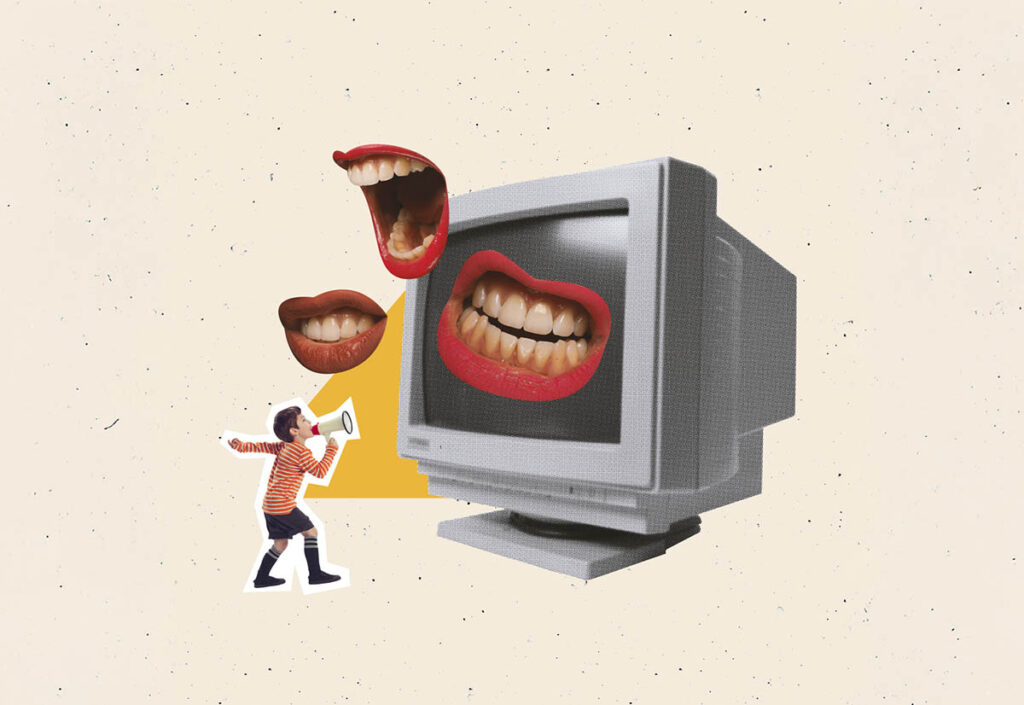AVATAR therapy can improve voice-hearers’ quality of life and personal sense of recovery by changing their relationship to their voices, according to a new study in Nature Medicine.
Voice hearers—who experience what psychiatry calls “auditory hallucinations”—are not well-served by existing psychiatric interventions, according to the researchers. AVATAR therapy allows them to create a digital persona of their most significant voice in order to converse with it; this enables a changed relationship to the voice, which can reduce the frequency of hearing it and otherwise improve voice hearers’ quality of life.
“AVATAR therapy offers the experience of a powerful digital ‘sense of presence’ of a distressing voice, shared with the therapist and enabling rapid change and reduced frequency,” the researchers write.
Philippa A. Garety led the study, alongside Thomas K. J. Craig and Thomas Ward, all at King’s College London. Garety and Craig serve as unpaid research consultants for AVATAR therapy; Ward had no conflicts of interest to report. One of the other authors is a shareholder for AVATAR, and another is the director at CareLoop Health, “which develops and markets digital therapeutics for schizophrenia.” The remaining 15 authors had no conflicts of interest to report.
The researchers were helped experts by experience in the design and conduct of the study, with more than 20 people ranging from caregivers to those with lived experience of voice hearing participating in the selection of relevant outcomes and helping researchers design the study.
















I appreciate the development of Avatar therapy as an option, but I hope it doesn’t cause us to overlook the possibility that other forms of therapy, or even other ways of changing interactions with voices that can hope outside of therapy, might be able to get similar results without requiring specialized technology that is not widely available.
I’m thinking of approaches like Voice Dialogue, Relating therapy, compassion focused therapy, and Internal Family Systems. The key thing it seems to me is a willingness to help people experiment with changing their relationship with voices, rather than the emphasis on just suppressing the voices that is dominant in so much of the mental health system.
Report comment
Personally, I think that since we know the ADHD drugs and antidepressants can create “psychosis” / “voices.”
https://www.amazon.com/Anatomy-Epidemic-Bullets-Psychiatric-Astonishing-ebook/dp/B0036S4EGE
And since we know the psychiatric treatment for “voices” / “psychosis” – the antipsychotics – can create “voices” / “psychosis,” via anticholinergic toxidrome, and a drug withdrawal induced super sensitivity manic psychosis, and also possibly neuroleptic induced deficit syndrome.
https://en.wikipedia.org/wiki/Toxidrome
https://en.wikipedia.org/wiki/Neuroleptic-induced_deficit_syndrome
I think the most important way to deal with “voices” / “psychosis” is to prevent the psychiatrists, psychologists, and mainstream doctors from actually putting innocent people on the psych drugs in the first place.
Report comment